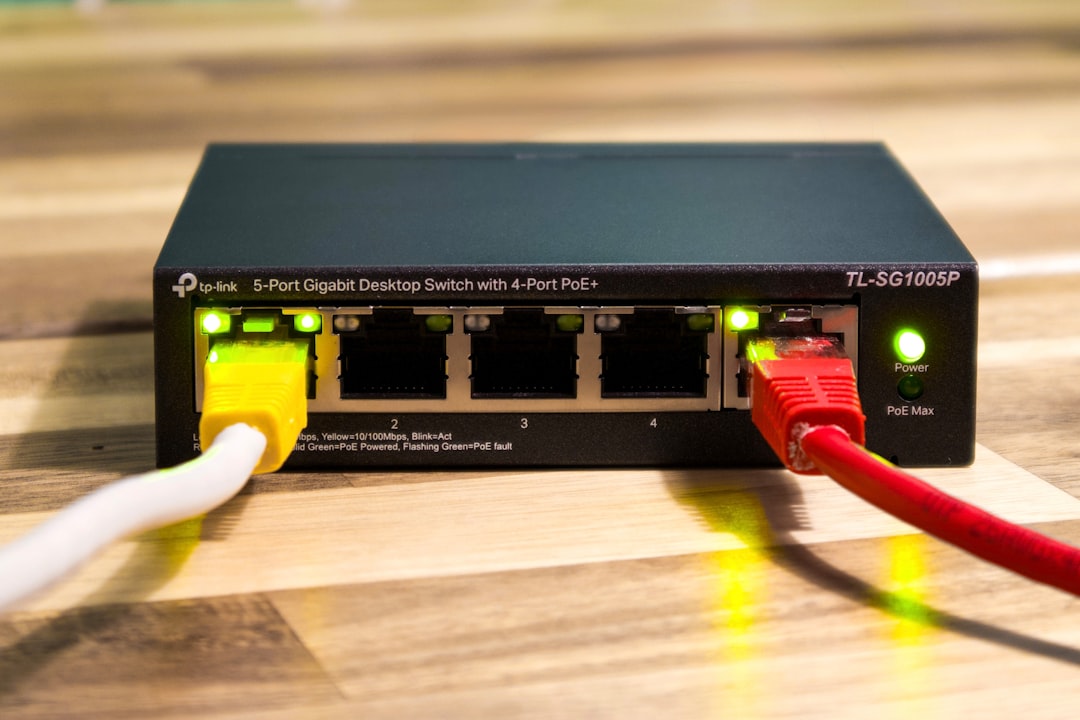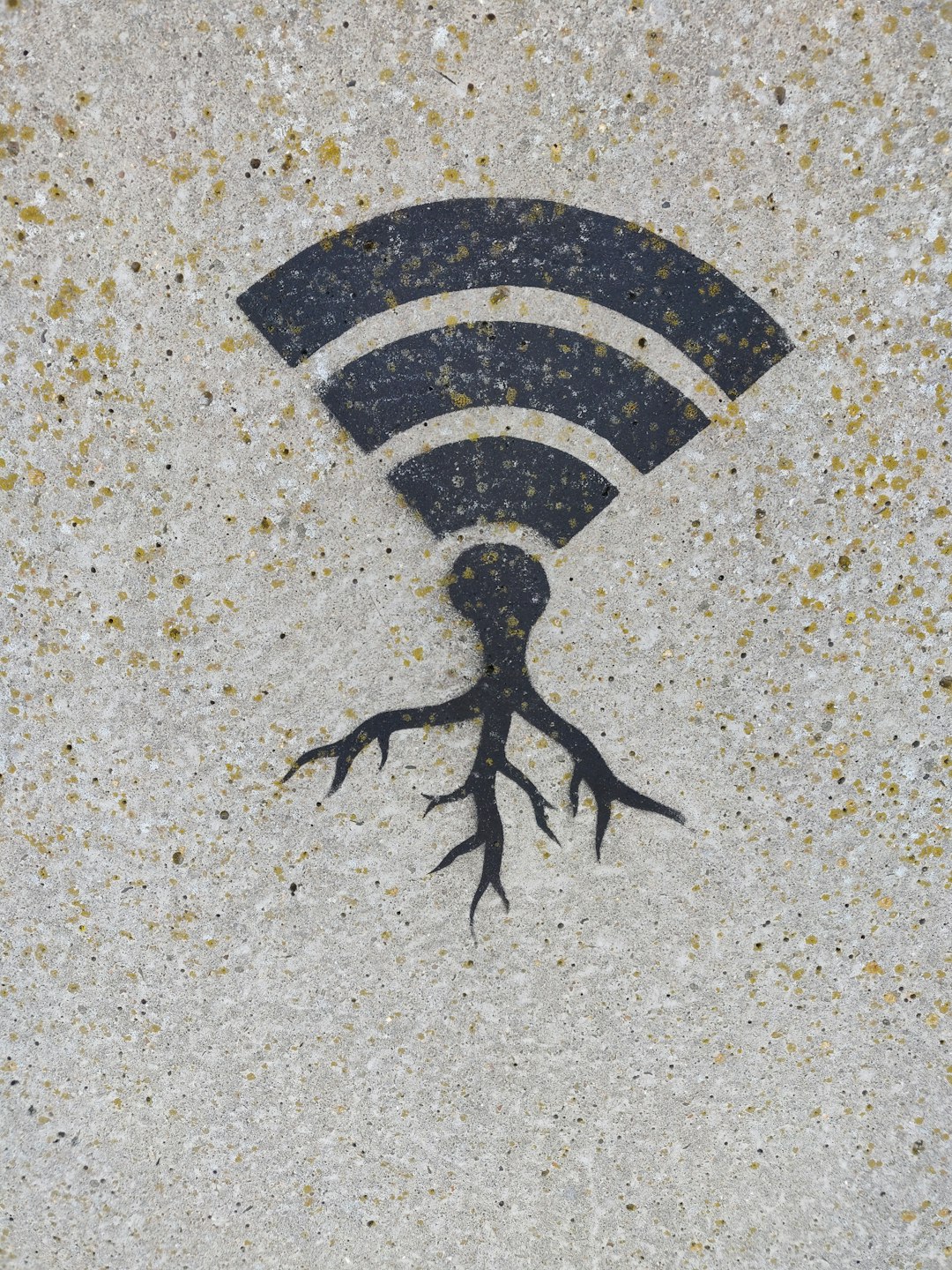Smart TVs have become an essential part of modern home entertainment, offering access to streaming services, apps, and a range of internet features. However, accessing content on platforms like Netflix, Hulu, BBC iPlayer, or Disney+ may be restricted based on geographic location. This is where a Virtual Private Network (VPN) comes in. Installing a VPN on your Smart TV not only allows for safe browsing but also enables users to unlock geo-restricted content. Here’s a detailed guide on how to set up a VPN on your Smart TV.
What Is a VPN and Why Use It on a Smart TV?
A VPN (Virtual Private Network) encrypts your internet connection and routes it through a server in a different location, effectively masking your IP address. For Smart TV users, this means:
- Accessing geo-blocked content: Watch region-locked shows and movies.
- Enhanced security: Protect your data when using public or unsecured networks.
- Privacy: Prevent advertisers and ISPs from monitoring your activity.

Methods to Set Up a VPN on a Smart TV
Because most Smart TVs don’t support native VPN apps, setting up a VPN usually involves one of the following methods:
1. Use a VPN-Enabled Router
This is the most seamless way to use a VPN on your Smart TV. By setting up the VPN on your Wi-Fi router, any device connected to that router, including your Smart TV, will automatically be protected.
Steps:
- Log into your router’s admin panel (typically through an IP like 192.168.1.1).
- Check if your router supports VPNs.
- Upload the VPN configuration files provided by your VPN service.
- Connect your Smart TV to the router via Wi-Fi or Ethernet.
Note: This option may require a compatible router like DD-WRT, AsusWRT or Tomato, depending on your VPN provider.
2. Use a Smart DNS
While not technically a VPN, Smart DNS services offered by VPN providers help bypass geo-restrictions without encryption. This option is faster and sufficient for streaming.
Steps:
- Subscribe to a VPN that offers Smart DNS (e.g., ExpressVPN or NordVPN).
- Get the DNS server addresses from their website.
- Navigate to your Smart TV’s network settings and manually input these DNS addresses.
- Restart your Smart TV and check access to geo-blocked content.
Ideal For: Users mostly interested in streaming, rather than security.
3. Share Your VPN Connection from a Computer
If your Smart TV cannot install VPN software and you don’t want to reconfigure the router, sharing your computer’s VPN connection can be a convenient workaround.
Steps for Windows:
- Connect your PC to a VPN.
- Go to Network Settings > Mobile Hotspot and enable Sharing.
- Connect your Smart TV to the newly created hotspot.
Steps for macOS:
- Connect your Mac to a VPN.
- Go to System Preferences > Sharing and choose Internet Sharing.
- Select Wi-Fi and choose your VPN connection for sharing.
This method is practical, especially for temporary streaming needs.

Popular VPNs for Smart TV
While any VPN can technically work with Smart TVs via routers or shared connections, some providers offer better Smart TV support:
- ExpressVPN: Offers Smart DNS, strong speeds, and router apps.
- NordVPN: Known for excellent streaming support and robust encryption.
- Surfshark: Affordable, unlimited connections, and easy router setup guides.
Final Tips
- Always select a VPN with fast streaming speeds and a global server network.
- Test geo-restricted services after setting up to ensure your location change took effect.
- Some apps may require clearing cache or reinstalling to recognize the new IP location.
FAQ
Can I install a VPN directly on my Smart TV?
Most Smart TVs, particularly those running on proprietary systems like Samsung’s Tizen or LG’s webOS, do not support native VPN apps. However, Android TVs can install VPN apps directly from the Google Play Store.
Will a VPN slow down my Smart TV?
VPNs can slightly reduce streaming speeds due to encryption and rerouting. However, using a premium VPN with optimized servers helps maintain smooth performance.
Is using a VPN on a Smart TV legal?
Yes, using a VPN is legal in most countries. However, be aware of the laws in your specific country as some restrict or ban VPN usage.
What’s the best VPN protocol for Smart TVs?
OpenVPN and WireGuard are good options for routers and shared connections due to their balance of speed and security.
Can I use free VPNs on Smart TVs?
Most free VPNs don’t support Smart TV configurations and are not ideal for streaming due to limited speed and data caps. It’s best to choose a trusted paid VPN for seamless experience.
I’m Sophia, a front-end developer with a passion for JavaScript frameworks. I enjoy sharing tips and tricks for modern web development.
